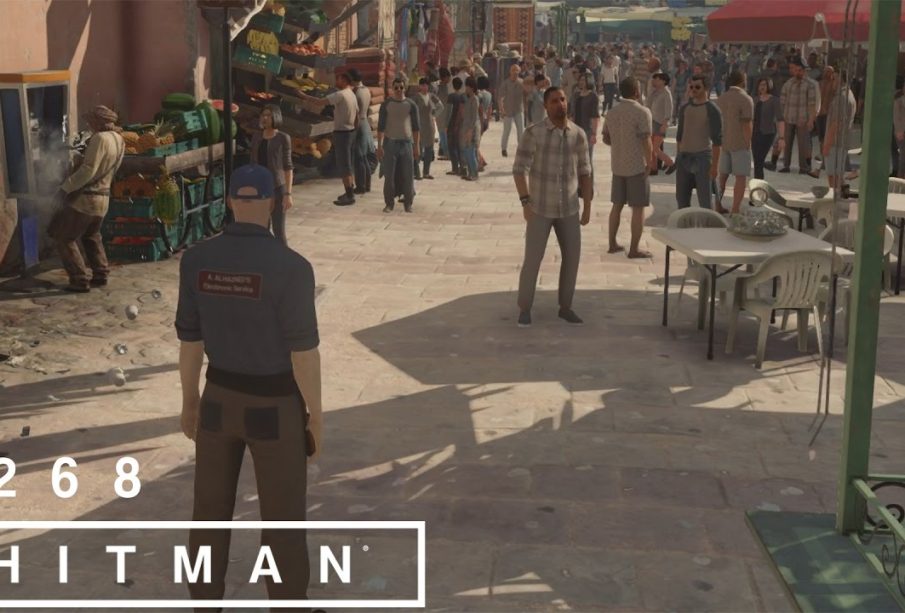Understanding the Controversial World of Hitmen

Introduction
The concept of a hitman, a person hired to kill someone, has permeated popular culture through films, books, and media. However, the harsh reality of professional killers is far more complicated and often involves complex psychological, social, and economic factors. Understanding the world of hitmen is crucial for comprehending broader issues relating to crime, ethics, and law enforcement.
The Psychology Behind Hitmen
Recent research indicates that individuals who become hitmen often come from troubled backgrounds. Factors such as childhood trauma, socio-economic status, and exposure to violence can play significant roles in their life choices. Many hitmen exhibit traits common among individuals with antisocial personality disorders, making them more prone to viewing life in a transactional manner. A study conducted by criminologists at the University of Cambridge notes that a significant number of hitmen report feeling disengaged from the consequences of their actions, often seeing their victims as mere obstacles to their financial gain.
Real-world Cases and Impact
Many high-profile cases involving hitmen have made headlines in recent years, highlighting the pervasive issue of contract killings. The assassination of investigative journalist Daphne Caruana Galizia in Malta in 2017 brought global attention to the practice of hiring killers to silence dissent. Authorities arrested several individuals, but the case also raised questions about the political climate and corruption in the region.
In the United States, the rise of organised crime in the 20th century saw the emergence of hitmen as prominent figures in the Mafia. The violent history of gangs illustrates how the act of hiring a killer can lead to a brutal cycle of revenge and retribution in criminal enterprises. In a recent investigation by the FBI, a network of hitmen was dismantled, exposing how advanced technology was used for hiring killers, thus modernising the way these contracts are executed.
Conclusion
The world of hitmen remains a grim reflection of society’s darker tendencies. While the idea of a hitman is often sensationalised in media, the underlying realities reveal significant issues regarding crime, morality, and law enforcement. Understanding the motivations behind these actions and the implications for victims and society can help in developing more effective prevention and intervention strategies. As law enforcement agencies work to dismantle these networks, it becomes increasingly important for society to address the root causes that lead individuals to choose such violent paths.









